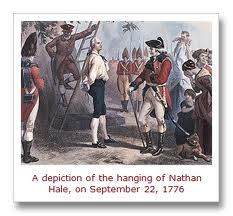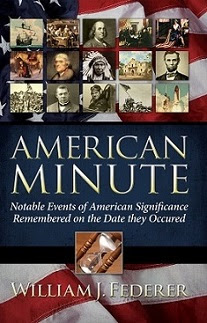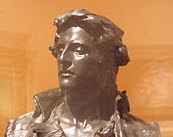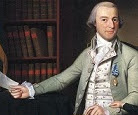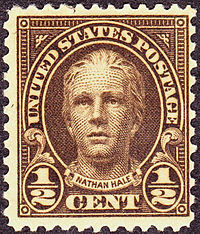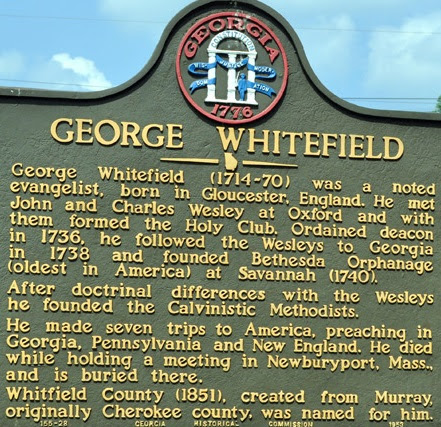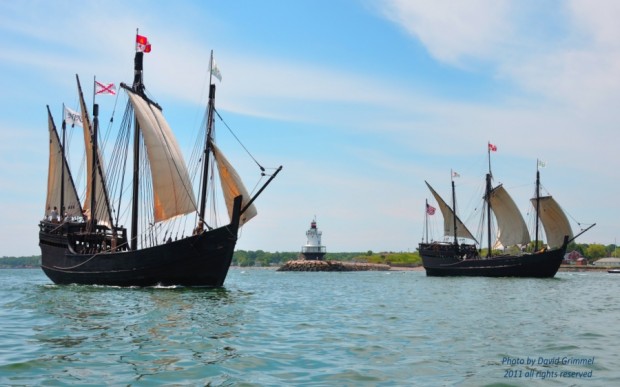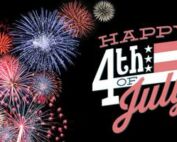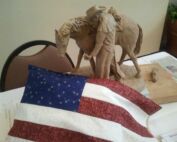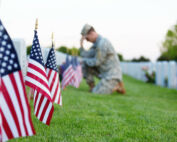Nathan Hale’s grand nephew was U.S. Senate Chaplain Edward Everett Hale, who wrote in 1897, “Challenge to the Youth of Boston”:
“As a boy goes on his errand he shall say, ‘To such duty I, too, am born. I am God’s messenger.’
As the young man tells the story to his sweetheart, he shall say, ‘We are God’s children also, you and I, and we have our duties.’
They look backwards, only to look forward.
‘God needs me, that this city may still stand in the forefront of his people’s land. Here am I.
God may draft me for some spiritual duty, as he drafted (Dr. Joseph) Warren and (Benjamin) Franklin. Present! Ready for service!
Thank God I come from men who are not afraid in battle.
Thank God, I am born from women whose walk was close to him.
Thank God I am his son.’ And she shall say, ‘I am his daughter.’
He has nations to call to his service. ‘Here am I.’
He has causeways to build, for the march forward of his people. ‘Here am I.’
There are torrents to bridge, highways in deserts, ‘Here am I.’
He has oceans to cross. He has the hungry world to feed. He has the wilderness to clothe in beauty. ‘Here am I.’
God of Heaven, we will be with Thee, as the fathers were. Boys and girls; young men and maidens, listen to the voice which speaks here.”


